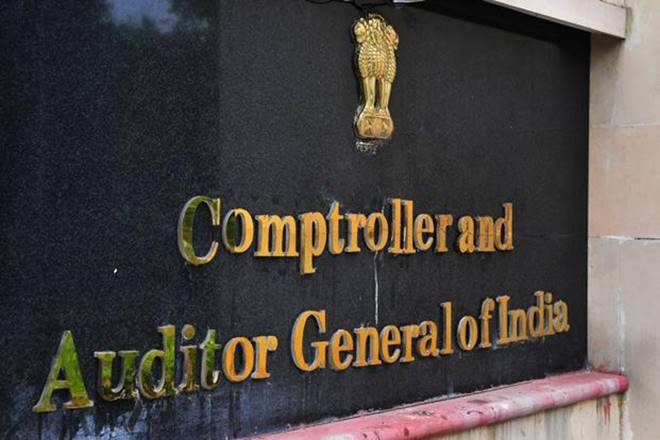GST Network right to fightback CAG; preventing corruption in public sector is important, but so is allowing it to function
The Financial Express
By The Financial Express
February 14, 2017 7:01 AM
Though it was the CAG estimate of a Rs 1.76 lakh crore scam that played a big role in getting the Supreme Court to cancel the telecom licenses issued by A Raja, it is important to get some perspective.

Though it was the CAG estimate of a Rs 1.76 lakh crore scam that played a big role in getting the Supreme Court to cancel the telecom licenses issued by A Raja, it is important to get some perspective.
Though it was the CAG estimate of a Rs 1.76 lakh crore scam that played a big role in getting the Supreme Court to cancel the telecom licenses issued by A Raja, it is important to get some perspective. For one, there have been a far greater number of reports where the CAG has got it quite wrong and, more important, the fear of the CAG/CVC/CBI has dramatically slowed down decision-making in the public sector. In the case of PSU banks, for instance, despite the central bank coming up with several alternative routes to deal with NPAs, the reluctance of banks to agree on very large haircuts has resulted in the problem only becoming larger—no bank wants to take a decision on a big haircut since, in hindsight, it will always be possible to point holes in the decision and, as a result, initiate proceedings against the official. So while a solution has to be found for this, it is important not to give the CAG such a wide ambit that it covers even organisations that were, till now, out of its purview. Also, since the courts tend to look at PSUs as an arm of state, and that means they have to follow all manner of tendering guidelines, this slows their response in comparison with the private sector and is an important factor in their falling market-share.
This is why, over a period of time, the government has tried to carve out businesses that are not PSUs in the legal sense. GSTN is one of them—with a 49% government stake, the company’s mandate is providing a top-class virtual tax-filing infrastructure with a link to all state treasuries to ensure frictionless tax collections and deposits. The idea of having a private-company structure is to ensure GSTN can hire the best technology/experts to fulfill its mandate. To the extent there is a problem in classification of tax revenues, which is what CAG’s concern has to be, it will, in any case, get caught in the audit of state/central tax departments. Since GSTN’s job is not to decide on tax classifications or to ensure tax compliance—this remains the job of the taxman—it is not clear why the CAG should want to audit GSTN. Keep in mind that if it is the GSTN today—according to The Indian Express,which broke the story, the matter has been escalated to finance minister Arun Jaitley—the CAG mandate will be fully extended to auditing PPPs and even the bad bank which, at some point, will have to be set up. Once the CAG starts auditing the bad bank and questioning its decisions—the same applies to the CVC and the CBI—it is likely that, like the PSU banks, it too will find it difficult to take a decision on the big haircuts required to fix India’s dramatically growing NPAs. Preventing corruption in the public sector is very important, but so is allowing it to function.